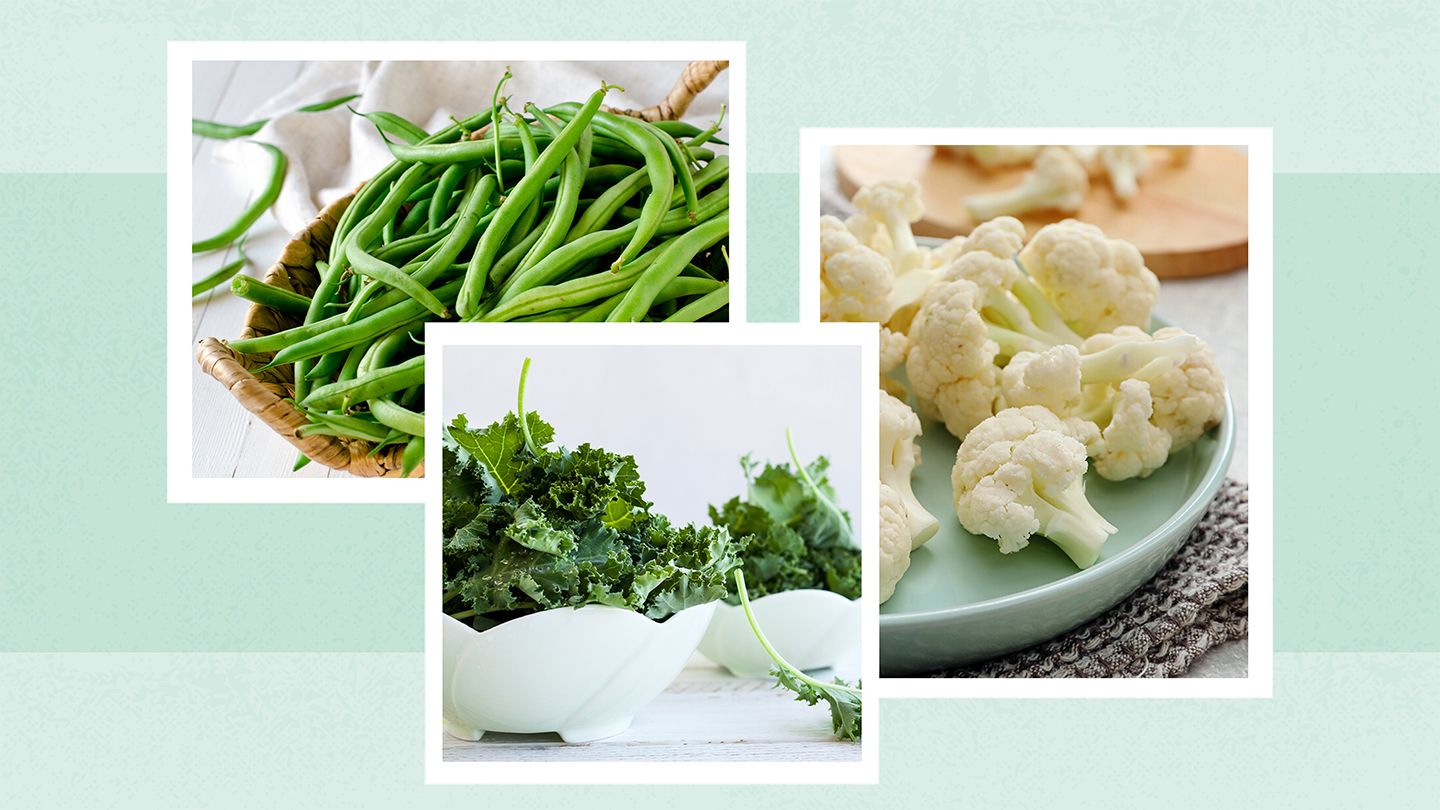How Many Carbs are in Different Types of Cheese?
When following a low-carb or keto diet, cheese can be an excellent source of fat and protein. However, the amount of carbs in cheese can vary significantly depending on the type. Understanding the carb counts in different cheeses is key to staying in ketosis and reaching your health goals.
Why Cheese Carb Counts Matter on Keto
On the high-fat, low-carb ketogenic diet, carb counts matter. Consuming too many carbs can kick you out of the fat-burning metabolic state called ketosis. Most keto dieters aim to consume less than 50 grams of net carbs per day.
Net carbs account for fiber content. Fiber passes through the body undigested, so we can subtract grams of fiber from total carbs to estimate digestible carb content.
When determining if a food fits your macros on keto, looking at the net carbs rather than total carbs paints a more accurate picture.
Cheese Varieties to Enjoy on Keto
Many types of cheese can be enjoyed liberally on keto due to their high fat content and low to moderate carb counts. Here are some of the top low-carb cheese options for keto:
Hard Cheeses
Most hard cheeses have less than 1 gram of carb per ounce. These include:
- Cheddar
- Swiss
- Parmesan
- Gouda
- Mozzarella
- Pecorino
- Manchego
With such low carb counts, measured amounts of these hard cheeses can be enjoyed daily on keto. For example, having 2 ounces of cheddar with an omelet is unlikely to knock you out of ketosis.
Soft Cheeses
Soft cheeses tend to be higher in carbs than hard cheeses. However, some soft varieties still fit into keto diets in moderation. These include:
- Cream cheese
- Goat cheese
- Brie
- Blue cheese
An ounce of cream cheese or goat cheese contains about 1 gram of carb. So having a couple ounces is generally fine.
With mold-ripened cheeses like brie and blue cheese, carb counts may be slightly higher. But you can still incorporate them in small amounts without going over your limits.
Grated Hard Cheeses
Pre-grated hard cheeses often contain added starches to prevent caking. This increases the carb count. Always check labels and when possible, grate your own cheese from a block to minimize carbs.
High-Carb Cheese Varieties to Limit on Keto
Some types of cheese are higher in carbs and do not fit most ketogenic diets except in very small amounts. Cheese varieties that are generally too high-carb for keto include:
Cottage Cheese
Cottage cheese is fresh and soft with a high moisture content. A 1 cup serving averages around 11-13 grams of carbs, mostly from naturally-occurring milk sugars (lactose).
Most keto dieters avoid cottage cheese due to the high carb tally. However, it can be incorporated in very small servings as long as it fits your daily limits.
Ricotta Cheese
Like cottage cheese, ricotta is a fresh soft cheese made from the whey leftover during cheesemaking. It also contains lactose, with about 3-4 grams of carbs in 2 tablespoons.
While ricotta works great in Italian desserts, the carbs add up fast. Use sparingly on keto or avoid altogether.
Processed Cheese Slices
Processed cheese products may contain added sugars and starches driving up the carb count. Read labels carefully.
For example, a single slice of Kraft American cheese contains 3 grams. A full package with 16 slices adds up to 48 grams of carbs from processed cheese alone.
Cheese Spreads
In a similar fashion to processed cheese slices, cheese spreads such as Cheez Whiz contain added thickeners and sweeteners.
Two tablespoons of Cheez Whiz tally up 6 grams of carbs. Most keto dieters avoid these types of processed cheese foods completely.
Calculating Carbs When Combining Cheeses
When making cheesy keto recipes like omelets, pizza, fathead dough and more, keep the totals in mind. Small amounts of hard cheeses add up, so you can easily go over 20 or 30 grams without realizing.
Weighing and tracking your ingredients ensures your recipes align with keto diet guidelines. Don't guess - calculating the carbs accurately is key.
The Bottom Line
Cheese can be enjoyed as part of a well-formulated ketogenic diet. Focus on incorporating more hard, low-moisture natural cheeses.
Measure your servings to account for carbs accurately. Avoid cottage cheese, ricotta and processed cheeses whenever possible.
With a little bit of planning, cheese can be a regular part of your keto journey. After all, what would this high-fat diet be without it?
FAQs
What cheese has the lowest carbs?
Hard cheeses tend to be lowest in carbs, with less than 1g carb per ounce. Great low-carb options include cheddar, Swiss, Parmesan, Pecorino Romano, Manchego, and Gouda.
What cheese has the most carbs?
Fresh soft cheeses are highest in carbs, including cottage cheese, ricotta, and cream cheese. An ounce of cream cheese has about 1g carb. Cottage cheese contains 9-13g carbs per cup.
Can I eat shredded cheese on keto?
Pre-shredded cheese often contains added starches to prevent caking. Check labels and stick to cheese you grate yourself whenever possible to limit carbs.
Are there high-fat low-carb cheeses?
Yes, hard cheeses like cheddar, Parmesan, Swiss, and Gouda offer an excellent source of fat with minimal carbs. Soft cheeses can also be included on keto diets in moderation.
Disclaimer: This article is for informational purposes only and does not constitute medical advice. Always consult with a healthcare professional before starting any new treatment regimen.
Related Coverage
Learn which high-fat, low-carb cheese varieties like cheddar, Parmesan, and feta can fit into a ketogenic diet. Get tips for adding cheese to keto meals....
Injecting testosterone incorrectly or in the wrong location can influence absorption, cause side effects, and impact heart health. Learn about proper administration....
Do menopause weight loss gummies help mitigate stubborn pounds? Learn if ingredients like phytoestrogens, vitamin D, and black cohosh can effectively support weight loss....
Dr. Valencia's keto diet provides personalized meal plans, recipes, supplements, and lifestyle tips for successfully entering ketosis. Achieve fat loss, health gains and clarity of mind....
Learn whether classics like Jiffy cornbread can fit into a keto diet. Understand net carb counts, ingredient swaps and find a keto cornbread recipe....
Does trazodone cause tardive dyskinesia? Learn about the rare risk, symptoms, diagnosis, and ways to manage abnormal mouth and face movements that arise from medication....
Learn about the POTS diet for increasing fluid, salt intake and recipes that help control fainting, dizziness episodes. Get tips for staying hydrated plus lifestyle changes that improve symptoms....
Roasting vegetables like broccoli, cauliflower and Brussels sprouts brings out their sweet, nutty flavor. Discover the top low-carb veggies to roast on keto....
Is your Chaco toe strap causing pain? Learn why the strap hurts, how to relieve toe discomfort, prevent it from recurring, and when to seek medical help....
It's possible to sip dirty martinis without kicking yourself out of ketosis. Make simple swaps like low-carb vermouth and homemade olive juice for keto cocktails....









